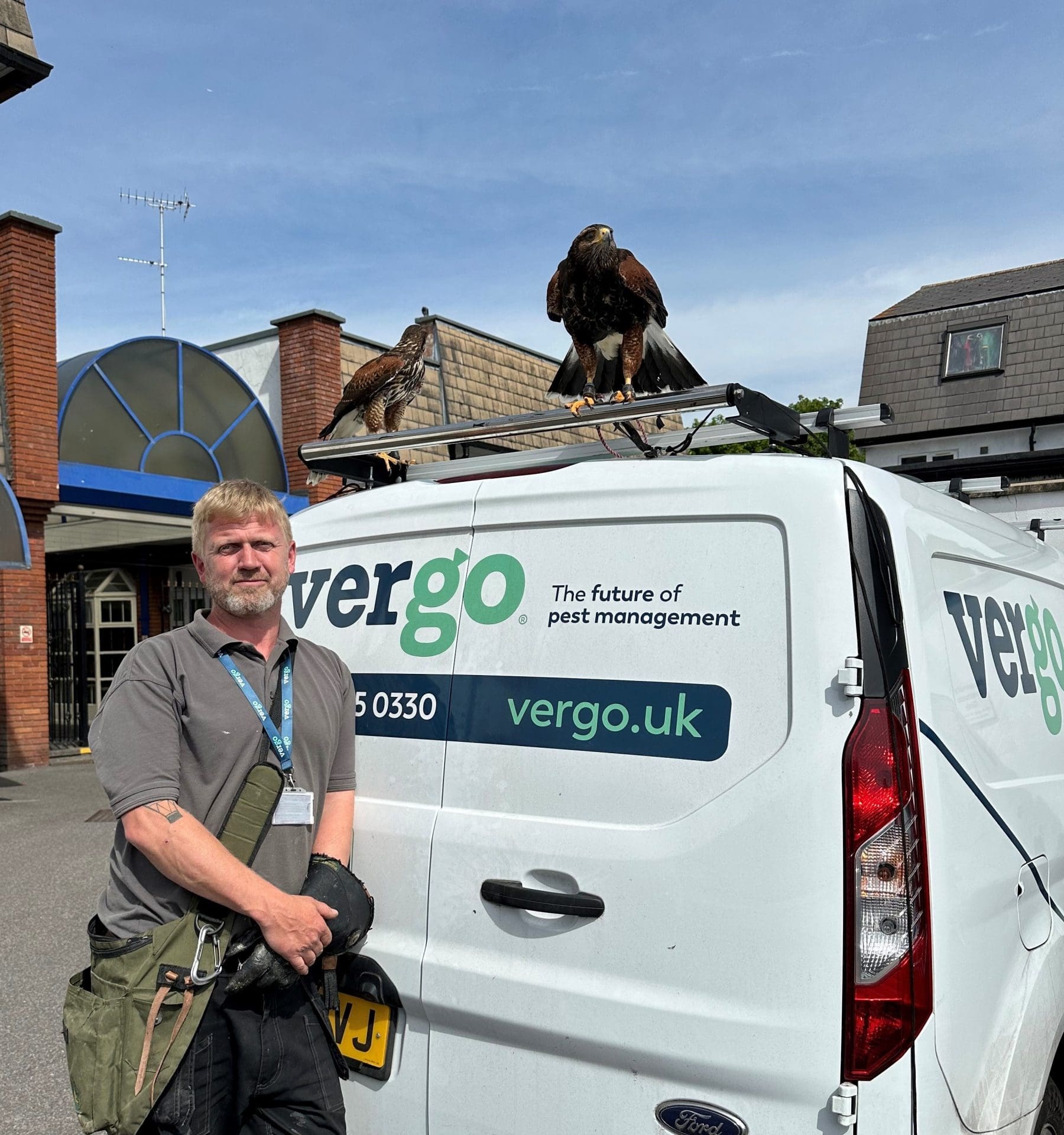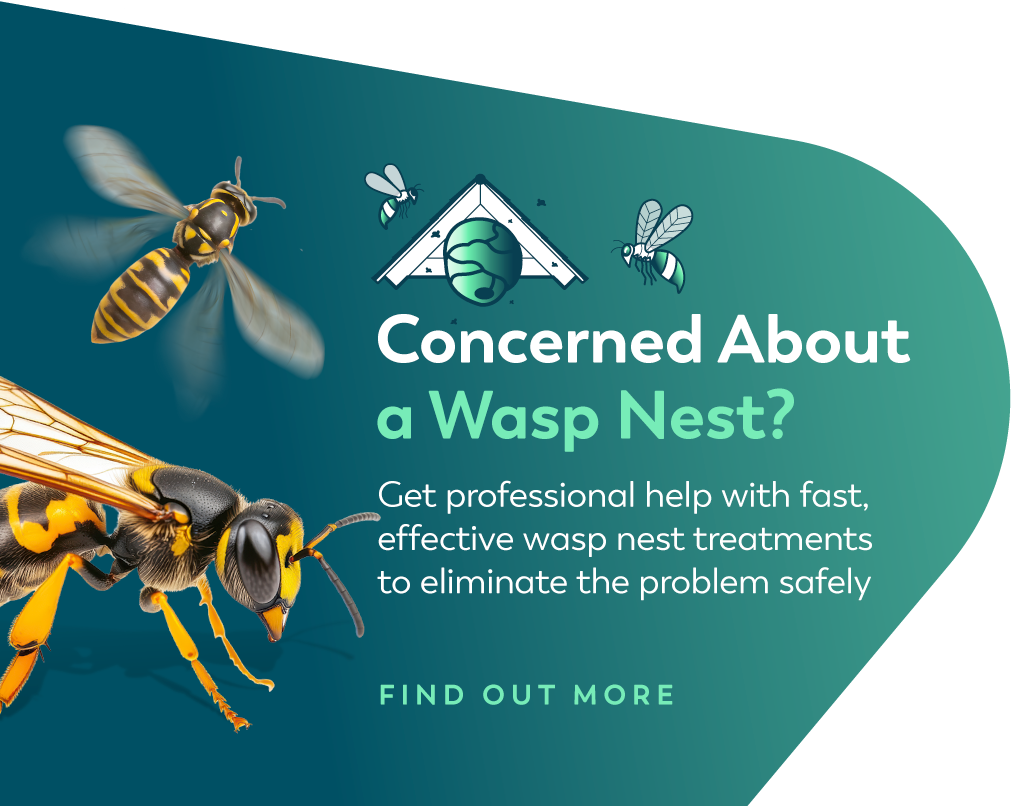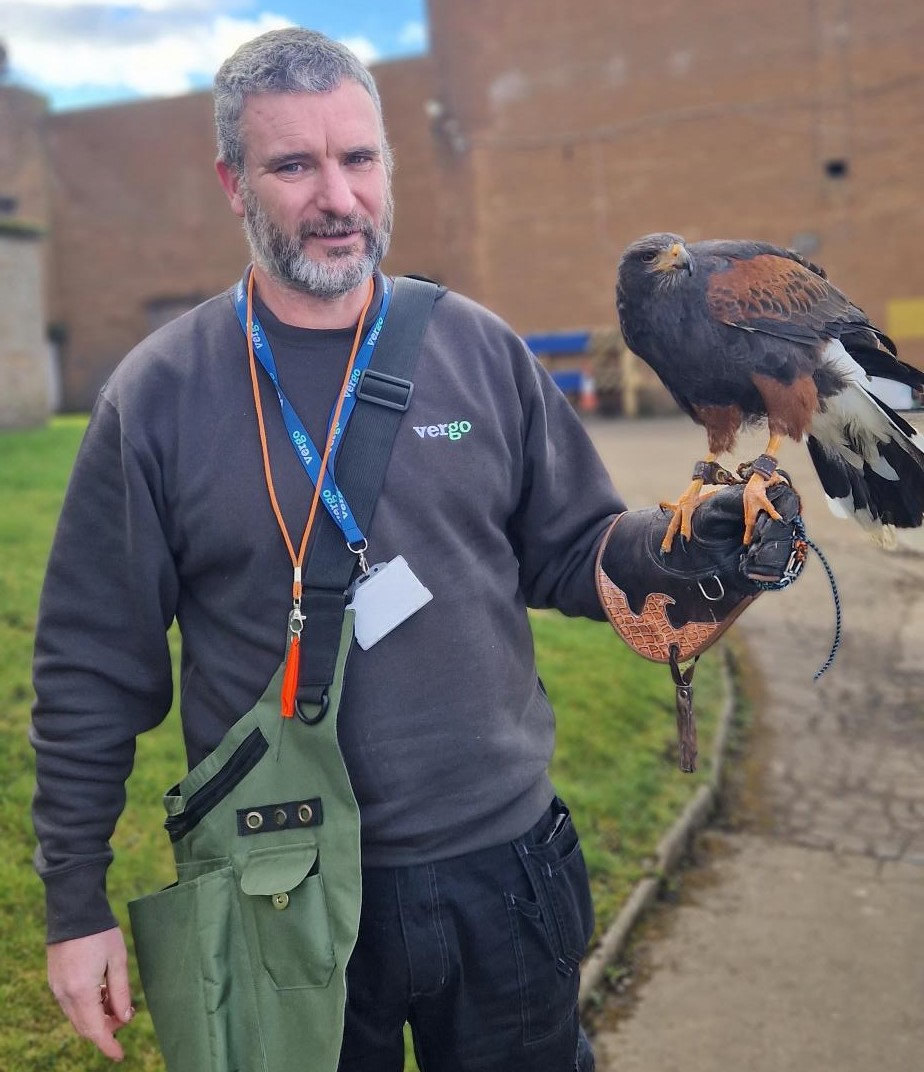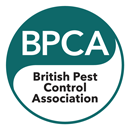
Hawking is a highly effective and humane method of controlling nuisance birds, which involves using trained birds of prey to scare away nuisance birds. The trained birds of prey are flown over an area where unwanted birds (such as pigeons and gulls) are present, the birds of prey’s presence naturally deters the pest birds from remaining in the area without causing them harm.
Hawks make the area far less attractive as a nesting or feeding location as they believe the birds of prey will attack them and their young; the pest birds will relocate to find a safer place to nest elsewhere.


